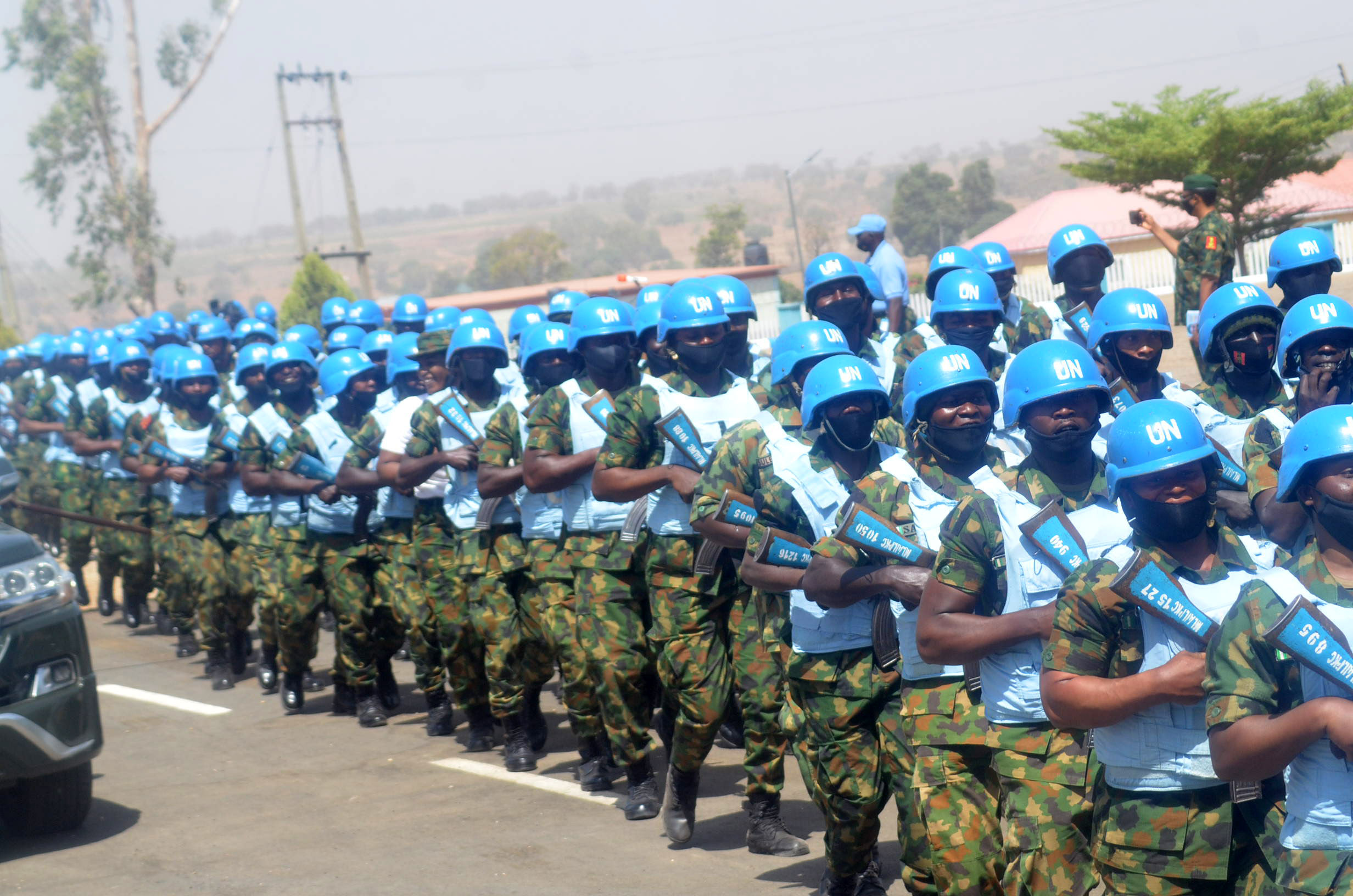Editorial
Gumi’s Unstatesmanly Outburst On Bandits

That Nigeria is faced with grave security concerns that are threatening the very ties that
bind the nation together is no longer a matter of conjecture or the loud whisperings of unpatriotic compatriots and enemies of the state or the muffled proclamations of doomsday prophets. The largest and greatest country of the black race is in deep and dire crisis of survival and all and sundry who have felt they have something to offer that could save the looming anarchy have not held back their peace.
One of such individuals with the requisite clout to make impact that could affect the course of the crisis and who boldly stepped into the fray was the very popular and highly regarded Islamic cleric, Sheik Ahmad Gumi.
No other prominent figure in Nigeria has demonstrated the courage, temerity and audacity to interface with the bandits that have made life an abiding nightmare for Nigerians living in the NorthWest as Sheik Gumi has done in meeting with the deadly gangs in their Zamfara forest hideouts. Indeed, he raised the hopes of many Nigerians and set himself apart from other equally well meaning compatriots who had cried themselves hoarse, calling on the government to get a handle on the spiraling security crisis when he embarked on that most precarious mission.
However, the renowned cleric has since stunned right thinking Nigerians following his comments on the heels of his encounter with the dare-devil youths. In a live interview with a popular national television recently, the revered Islamic scholar did not only warn Nigerians to desist from addressing the armed bandits as criminals but also castigated the press for describing activities of bandits as criminal.
“You’re emphasising on criminality, even the press are criminals too because they are putting oil into fire. These people are listening to you, you should not address them as criminals if you want them to succumb”, he said, adding that “You see, when we talk with them with nice words, they are ready to listen to us, put down their weapons but when the language is about criminality, killing them, this is what we will keep having”.
Sheik Gumi could easily pass for a statesman given the extensive work he has done as an Islamic scholar and the massive influence he wields among the faithful in a deeply religious society like Nigeria but his words and his stance on the vexed issue of how best to resolve the armed revolt by misguided youths, especially in the northern part of the country, is as unfortunate as it is repugnant, controversial, condemnable, inconsistent and irreconcilable with someone in his exalted office and status in the country.
In his effort to establish himself as an advocate for the bandits, the respected Muslims leader has deliberately opted not to see them for who they are – armed dangerous criminals – but has chosen to describe them as militants who are fighting “an ethnic war” and not interested in killing people even though he acknowledges the desperate need to make them refrain from wanton killing of innocent, law-abiding citizens, destruction of property, kidnapping, raping of women, cattle rustling, etc, without plausible reason or identifiable cause.
The Tide acknowledges that the present times in Nigeria are both very delicate and desperate, and therefore require equally desperate decisive, and urgent measures to pull her through to safety and stability. However, we do agree that such measures should include pampering and pandering to ethnic, religious, sectional and sundry sentiments in dealing with the situation as Sheik Gumi is advocating.
We will rather take our position with manifestly patriotic individuals and groups like the North-East Elders for Peace and Development who have not only distanced themselves from Sheik Gumi and his unstatesmanly utterances but have also cautioned him against inventing justification for illegal acts and associated criminality ravaging the North in particular, and the country at large, fearing that his recent comments and attitudes could embolden the bandits in their path of perfidy and perdition.
The fact cannot be over-emphasised that, more than any other time in our history, Nigeria needs all the men and materials required to intervene in our quest for sustainable peaceful coexistence among the various interest groups, security of lives and property, stability of the polity and the unity and continued existence of a nation united in destiny and purpose to bring prosperity to the citizenry where freedom, justice, equity and fairness are dispensed to all without partiality.
But in doing so, men like Sheik Gumi and his ilk, some of whom are in high political offices, who prevaricate, lack the strength to be firm in speaking the truth without unnecessary sentiments should be identified, isolated and treated as people who do not mean well for the country and therefore denied the platform and opportunity to cause incalculable damage to nation building efforts.
Finally, we urge the Federal Government to rise up to the occasion in living up to its constitutional obligation to secure Nigerians against ferocious armed bandits, blood thirsty insurgents, invading marauders disguised as herdsmen and associated criminals and not merely blow hot air as has been the case for so long. This is the sure way of putting away people like Sheik Gumi and his type who are devoid of the spine to look evil in the face, call it by its name and confronting it head on with a view to conquering it for the good of all.
Editorial
AFCON ’25: Bravo, Super Eagles, But…

Editorial
Fubara: Celebrating A Leader At 51

Editorial
Beyond Accessing Bonny By Road


